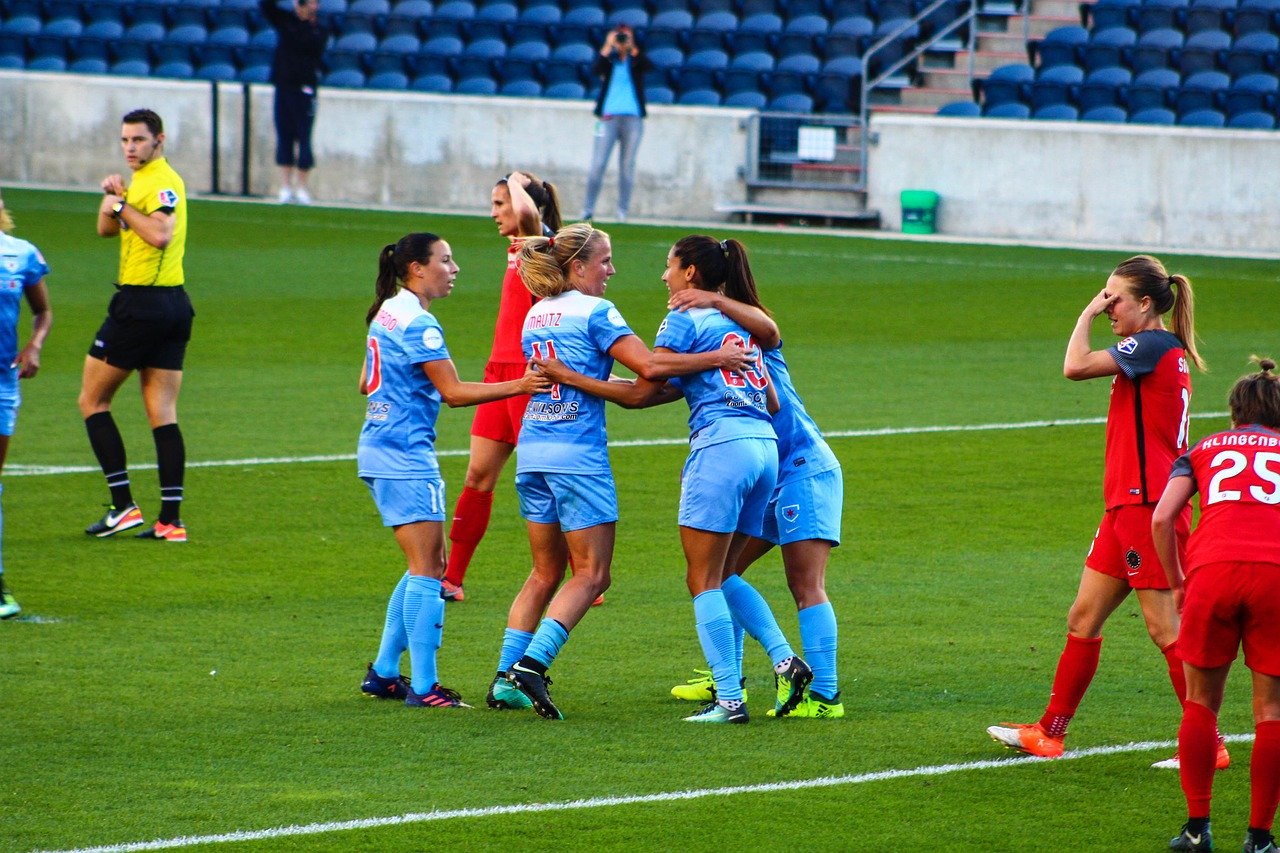In April 2020 researchers from Brazil published the results of their study to assess whether beta-alanine supplementation taken during a short-duration intense football-specific training period prior to an international competition had any effect on measures of high-intensity running performance. A total of 24 international U20 female footballers (average age 18 years) were involved in the study. Each individual performed the YoYo Intermittent Recovery Test Level 1, the Running Anaerobic Sprint Test and a 20-metre maximal sprint test on two different occasions, separated by 3 weeks of training and supplementation. The individuals were divided into two groups, with 12 receiving 6.4 g/day-1 sustained-release beta-alanine and 12 an equivalent dose of maltodextrin throughout a 3-week standardized training camp. Results showed the overall values of the YoYo Intermittent Recovery Test Level 1 were lower in the placebo group although the distance covered was lower after the beta-alanine supplementation as opposed to before supplementation. The beta-alanine supplementation did have an effect on the sprint number for the Running Anaerobic Sprint Test, but no further effects were seen and there was no effect for the 20-metre sprint. The researchers therefore concluded that top-level female footballers undertaking an intense 3-week training period prior to a competition worsened their high-intensity intermittent exercise capacity which was not reduced by beta-alanine supplementation throughout the same period.
Ribeiro R et al. Short-Duration Beta-Alanine Supplementation Did Not Prevent the Detrimental Effects of an Intense Preparatory Period on Exercise Capacity in Top-Level Female Footballers. Front Nutr. 2020 Apr 21;7:43.

